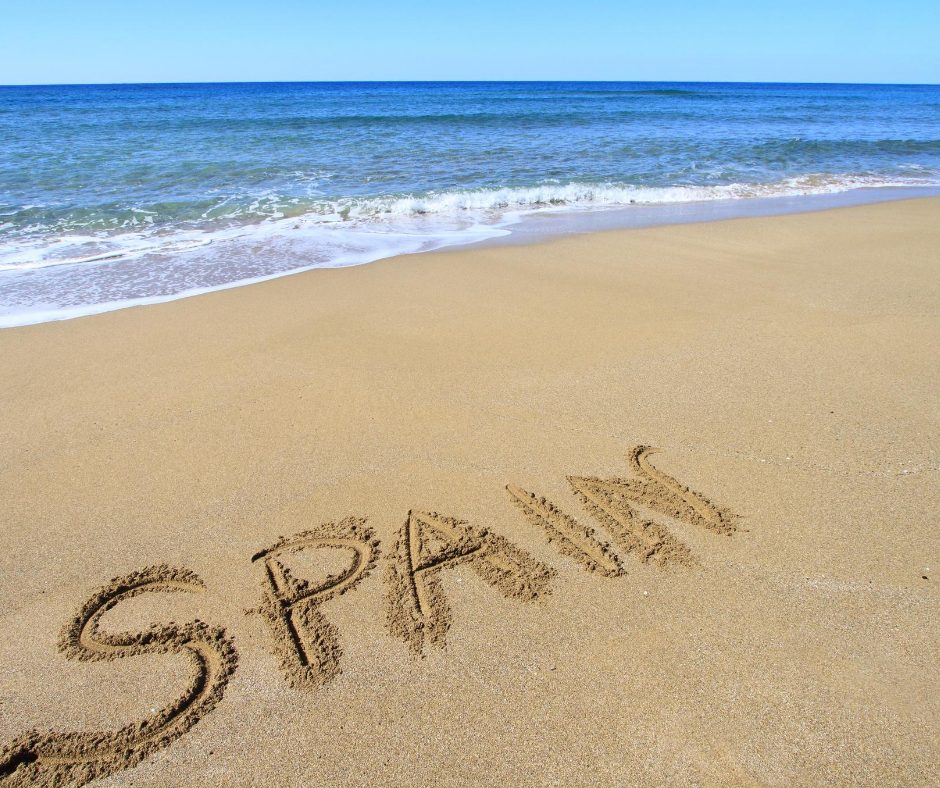Since Brexit, as you are probably aware, any Briton who intends to move to Spain, either temporarily or permanently, does not have the right to remain and get the same healthcare from the state system and some other benefits that they had before. Even if you stay here for longer than 6 months and have a UK driving licence, you need to change it to a Spanish one. There is no need, at this stage, to have a driving test. With regards to healthcare, you now have to have private health insurance to get residency and it must be with no co-payment.
Living and retiring in Spain, is still possible for you, and at Best Cover Insurance we offer guidance on how to make that happen.
How we help
At Best Cover Insurance, who work exclusively with DKV Seguros for health cover, we can give you the best cover at the best price and over 1,000 health centres from which to choose from. The integral Elite Plan would be ideal as it’s competitively priced and has no co-payment, and either an annual or monthly payment system, but you have to be 75 or under no pre-existing health conditions.
If you had established legal residence in Spain by 31st December 2020 the Withdrawal Agreement gave you until 30th June 2021 to submit your application for residence. On occasions, there was a provision for late submission allowing an extension period, but it’s not clear what reasonable grounds for the extension are.
The end of the Brexit transition period brought in new rules for Brits wanting to visit, live or retire in Spain.
What are the rules?
Now that the UK is no longer a member of the EU British citizens are subject to broadly the same rules as other Non-EU citizens. You do not have to apply for a Schengen visa, but are subject to the same restrictions. As a tourist, you can travel to Spain for short stays of up to 90 days, to visit family and friends, to attend business meetings, cultural or sports events, or for short-term studies or training.
You can only spend 90 days in any 180-day period in Spain. So, any time spent in the previous 180 days counts towards the 90-day visa-free limit. The restriction applies to the overall Schengen zone (which includes all of the EU countries plus Iceland, Liechtenstein, Norway, Switzerland, Monaco, San Marino, and Vatican City). Any period spent in a country in the EU before 1st January 2021 does not count towards your 90-day visa-free limit.
At the Spanish border control, you will no longer be able to use the EU/EEA lane and may be required to show a return or onward ticket and you may need to show that you have enough money for your stay. Your passport will need to have six months of validity before the expiry date.
If you wish to stay longer than 90 days, for work or study, for business travel or for other reasons, you will need to get a visa appropriate for the purposes of your stay in Spain. Thus, Brits must now apply for a Golden Visa, Non-Lucrative Visa, Entrepreneur Visa or obtain a student or work visa if they wish to stay long-term in Spain.
Golden Visa
Buying a property (or properties) in Spain for €500,000 or more, would make the Golden Visa an ideal route to becoming a resident in Spain. You must be a non-EU citizen over 18 years of age, with no criminal record. You have to obtain private health insurance with no co-payment and must demonstrate that you have sufficient funds to support yourself and your family in Spain. For more information check ‘golden visa’ on the internet.
Non-Lucrative Visa
Spain’s Non-Lucrative Visa is available to non-EU citizens to live in Spain provided they are able to support themselves financially. It is used by those planning to retire to Spain and is an option for British retirees and other people who do not plan to work in Spain now that the UK is no longer a member of the EU.
Although the visa does not allow you to carry out any type of economic or professional activity in Spain, it does not require you to invest in the country to obtain a visa. There is, however, a higher income requirement than for EU citizens and creates a higher threshold for Brits wanting to retire to Spain. Again, search on the internet for more information for both visas and the time restraints before renewals.
In a nutshell, the new rules result in a higher financial threshold for those wishing to live or retire in Spain without working. Those who have been used to visiting their home in Spain for most of the Summer and parts of the Winter or who have taken long term summer or winter rents will now have to plan carefully to ensure that they do not fall foul of the 90 in 180 days rule. This has significant implications for many who have been regular visitors to Spain and for those with holiday homes in Spain. There are always rumours that there will be a deal between the UK and Spain to loosen these restrictions to avoid these problems and avoid the likely damage to the Spanish property market and economy, but nothing has been announced yet.

Leave a Reply